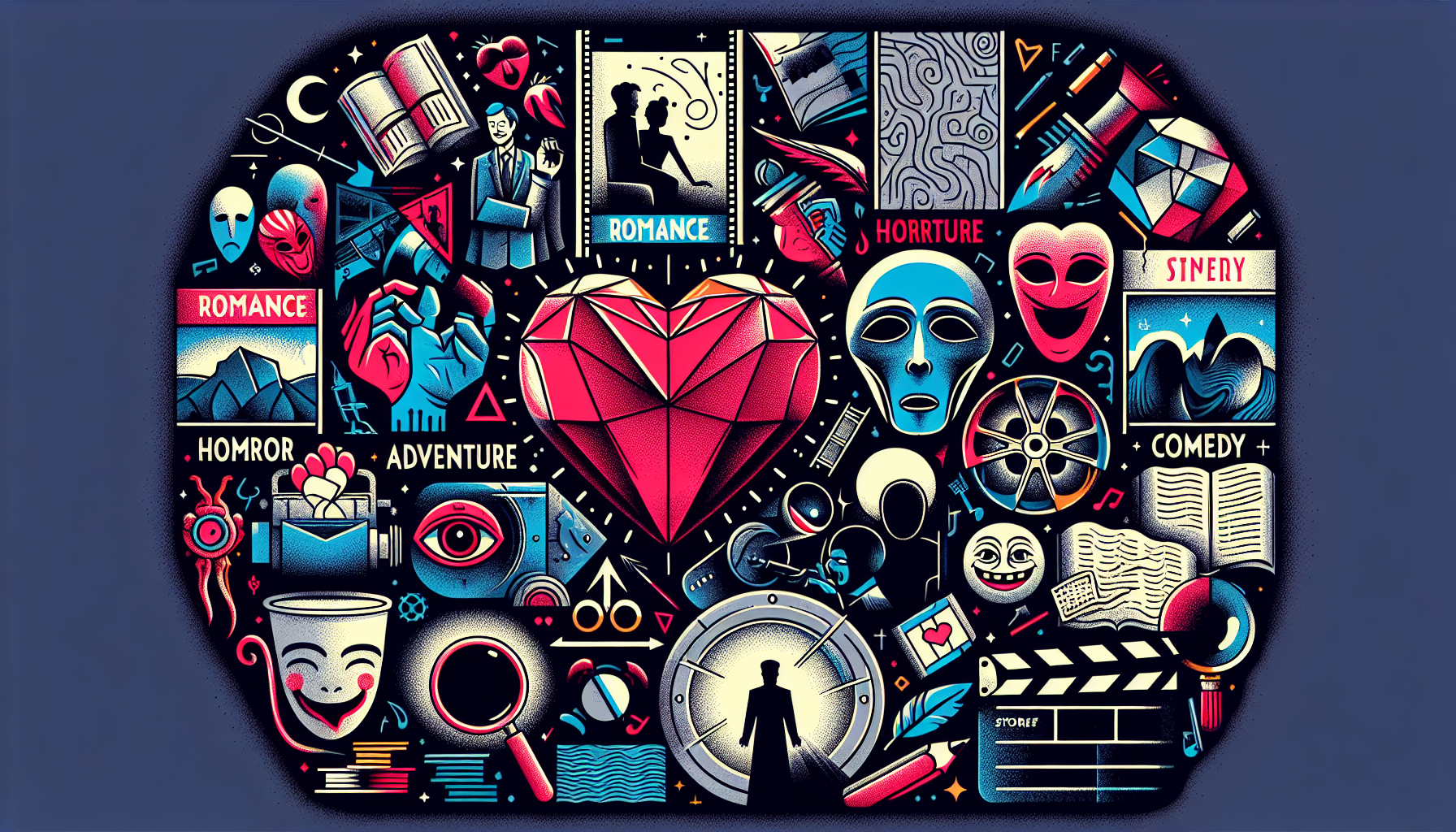Screenwriting Genres: A Kaleidoscope of Stories
Screenwriting, the craft behind the narratives of films and television shows, spans a variety of genres, each with its unique conventions, audience expectations, and storytelling techniques. From heart-wrenching dramas to laughter-inducing comedies, screenwriters weave stories that capture the breadth of human experience. Exploring the diversity of screenwriting genres not only allows writers to find their niche but also enriches audiences with a spectrum of narrative experiences.
Drama: The Heart of Human Emotion
Drama, one of the most encompassing genres, delves into the depth of human emotions, relationships, and life challenges. Screenplays within this category often explore the complexity of the human condition, inviting audiences to reflect on personal and societal issues. Dramas can range from historical epics that bring the past to life to contemporary settings confronting modern dilemmas, making it a versatile and deeply human genre.
Comedy: A Laughter-Fueled Escape
In contrast, the comedy genre offers audiences an escape through humor, satire, and absurdity. Comedy screenwriters possess a unique ability to highlight the lighter side of life, often using wit to critique social norms or simply to entertain. Comedic screenplays vary widely, from slapstick and physical humor to more subtle, intellectual, or dark comedy, showcasing the genre’s adaptability to different tastes and cultural contexts.
Horror: Mastering Fear and Suspense
The horror genre taps into our primal fears, using suspense, tension, and often elements of the supernatural to elicit feelings of fear and dread. Screenwriters working in horror must skillfully build tension and deliver scares without falling into predictability. This genre often overlaps with thriller and science fiction, each twist and turn designed to keep audiences on the edge of their seats.
Science Fiction and Fantasy: The Realm of Possibility
Science fiction and fantasy screenplays transport audiences to worlds of endless possibility, where the constraints of reality are lifted to explore what could be. Science fiction often focuses on technology, the future, and cosmic adventures, raising questions about humanity’s role in the universe and the ethical dimensions of scientific advancements. Fantasy, on the other hand, delves into magical realms, mythical creatures, and epic quests, offering an escape into the extraordinary.
Romance: Celebrating Love in All Forms
At its core, the romance genre is about the exploration of love and relationships. Whether it’s the focus of a rom-com or a more serious, dramatic context, romance screenplays delve into the complexities of connection, loss, and the human heart. This genre often intersects with others, proving that love stories can unfold within the vastest of epic adventures or the simplest of everyday moments.
Action and Adventure: Thrills at Every Turn
Action and adventure screenplays are synonymous with excitement and dynamism, taking audiences on journeys that pulse with constant motion and high stakes. This genre is characterized by physical challenges, battles, and quests, often set against epic backdrops or within intriguing locales. While action focuses more on physical feats and battles, adventure delves into exploration and discovery, offering a rich terrain for storytelling.
The Creative Intersection of Genres
While these categories delineate the broad strokes of screenwriting genres, the most compelling screenplays often blur the lines, interweaving elements from multiple genres to create rich, multifaceted narratives. This intersectionality not only showcases the versatility of screenwriting as an art form but also reflects the complexity of the human experience, which cannot be contained within a single genre.
Exploring the diversity of screenwriting genres reveals the artistry and craftsmanship behind the stories that captivate us on screen. Each genre, with its conventions and audience expectations, offers a unique lens through which to view the world, reminding us of the power of storytelling to evoke emotion, provoke thought, and inspire imagination.







